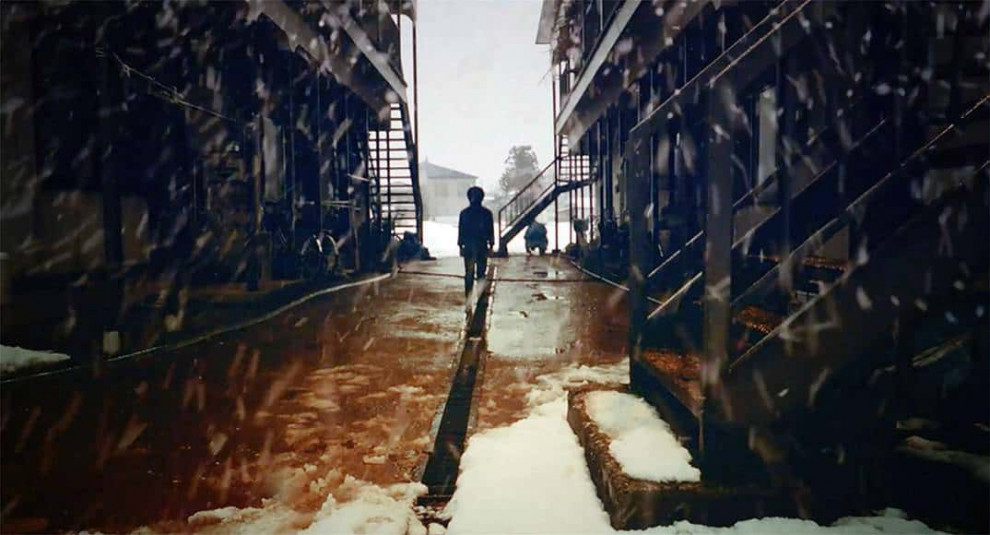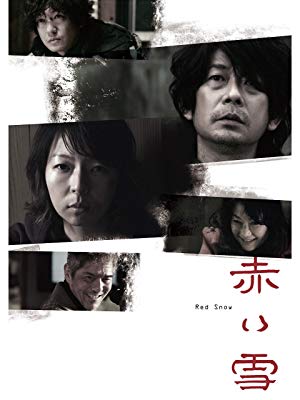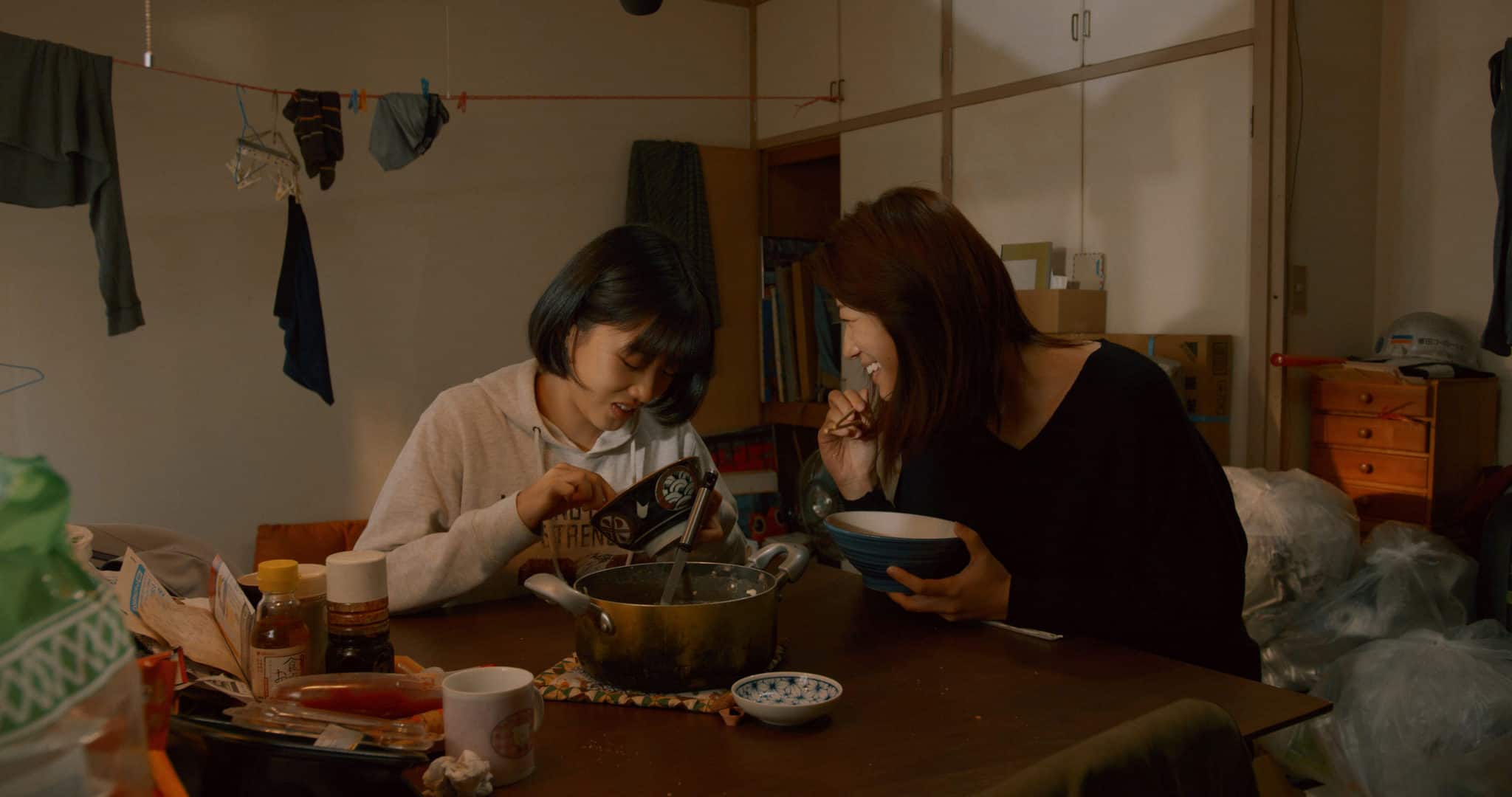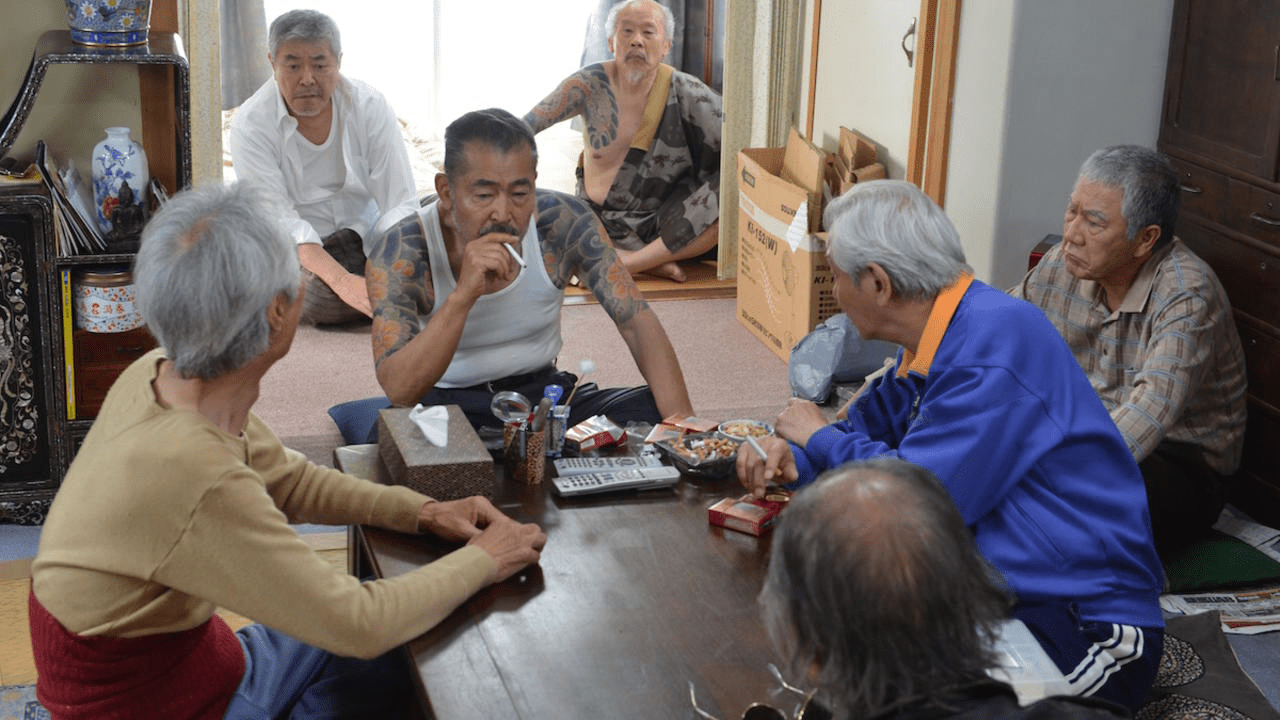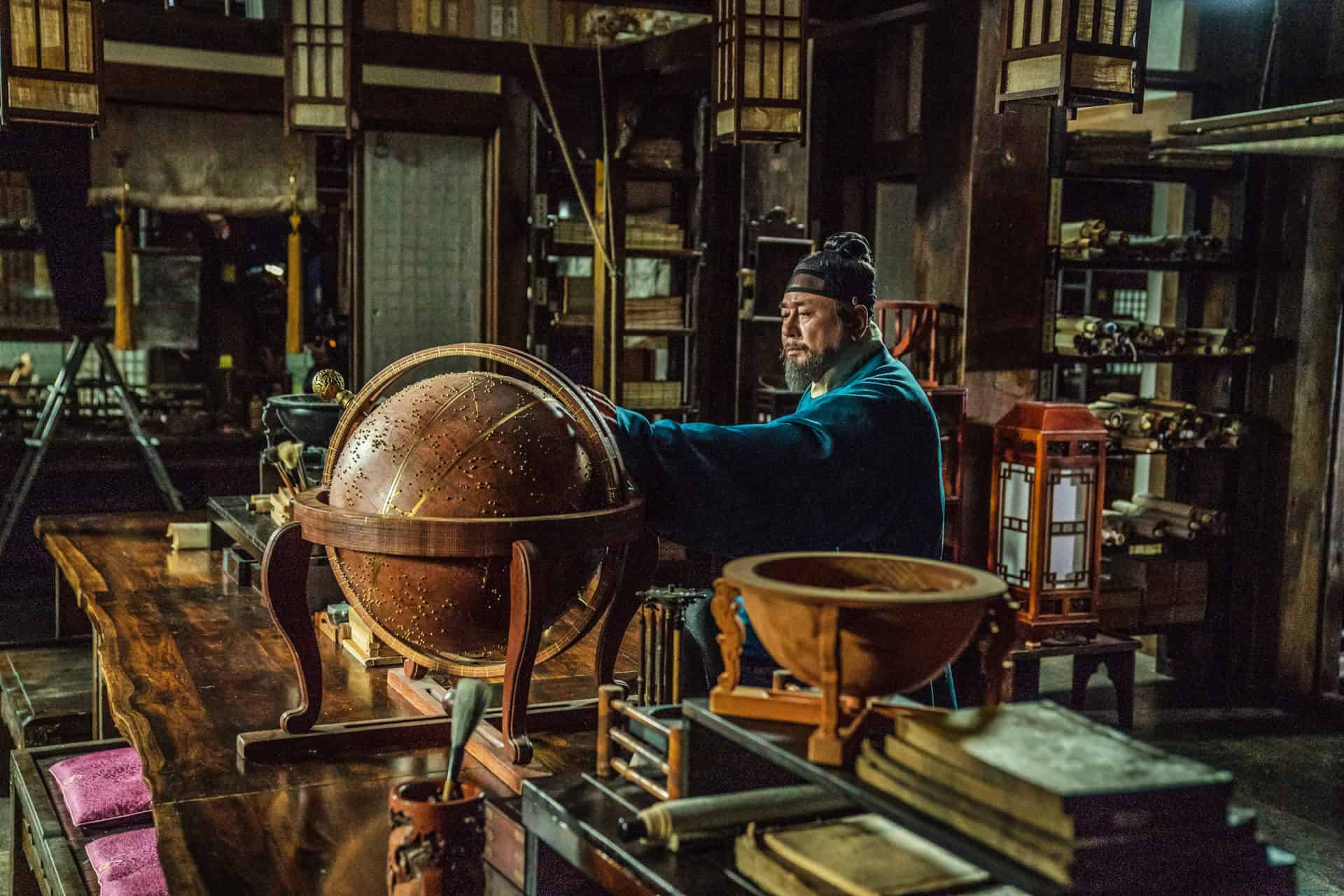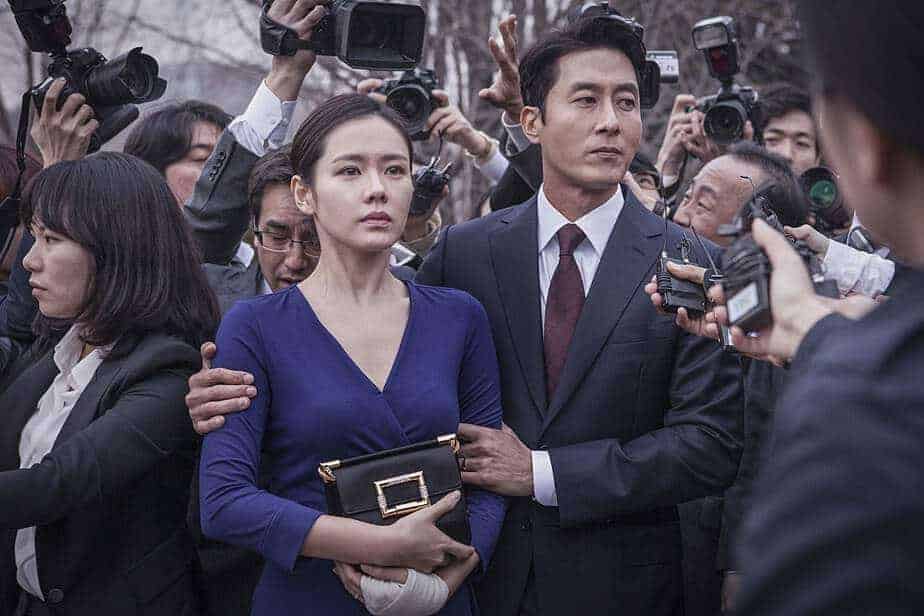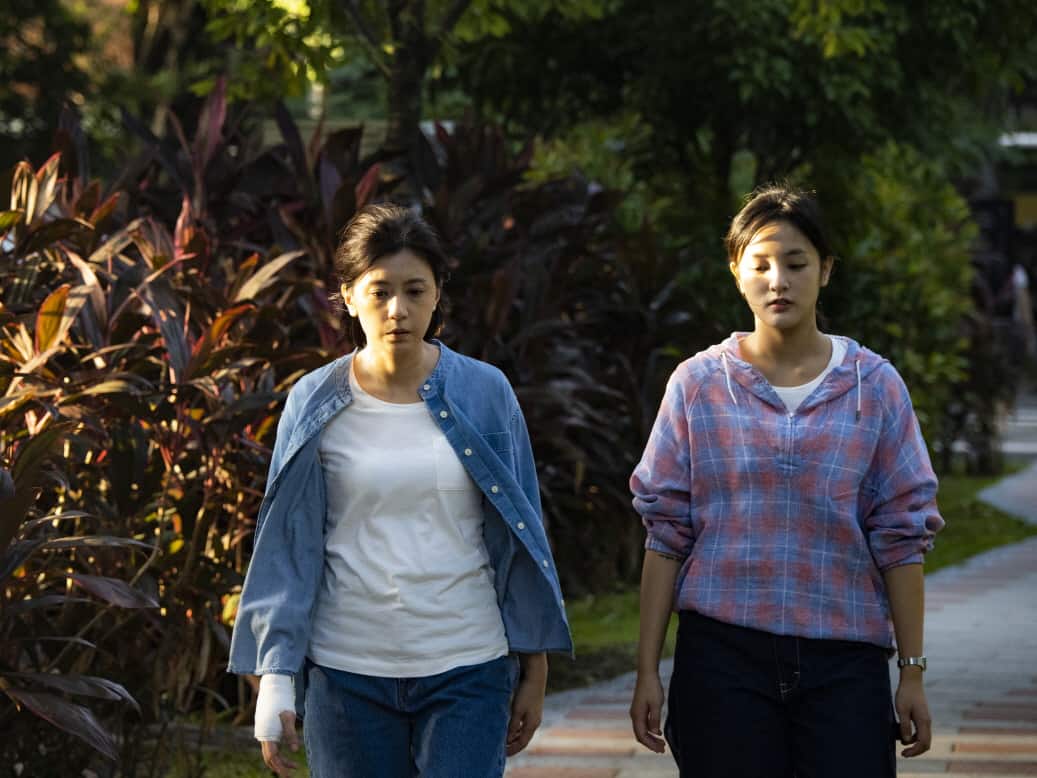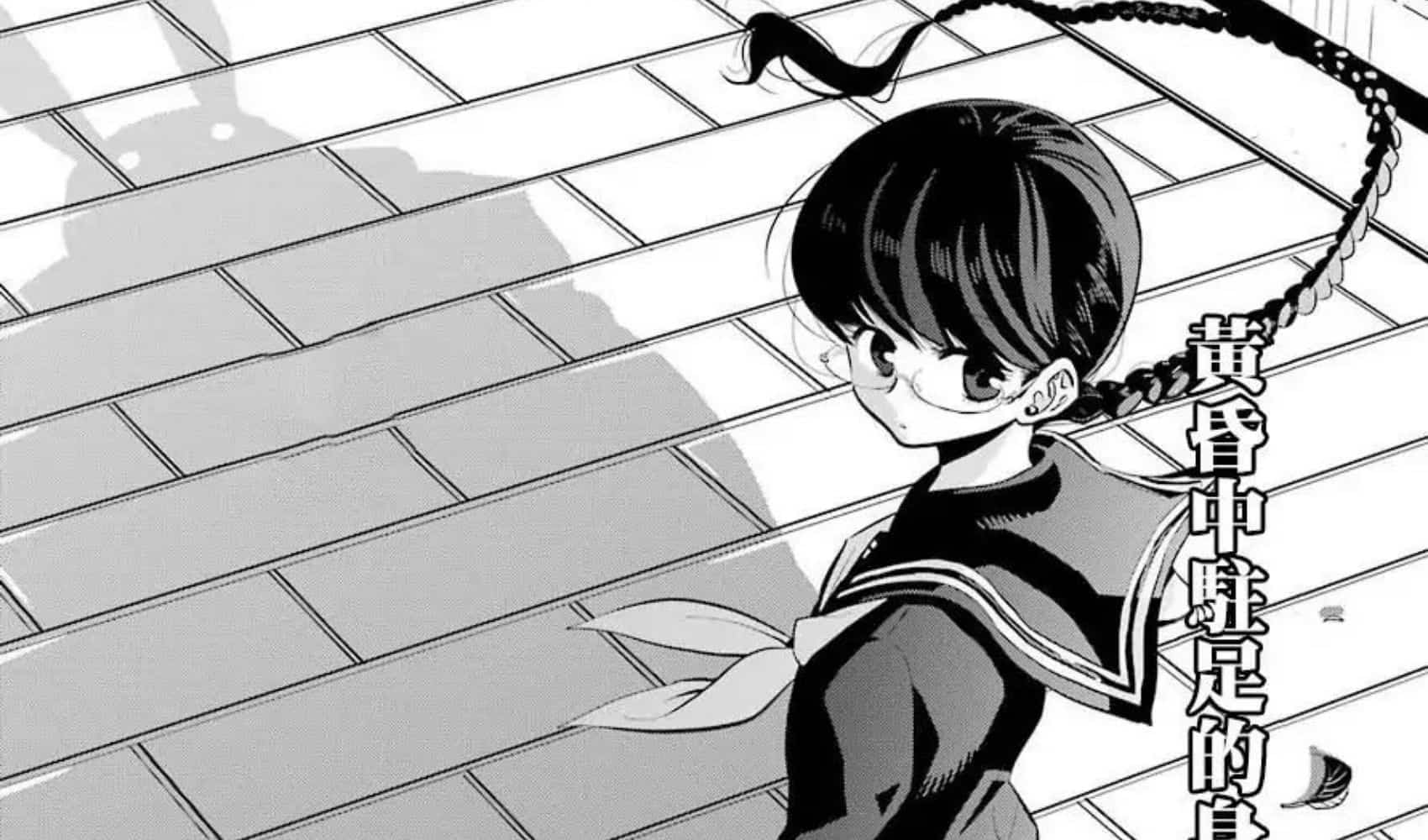It is very rarely that films leave me as perplexed about their quality (and if I liked them at all for that matter) but Sayaka Kai's debut feature has managed to do just that with a film that thrives on atmosphere and visuals but seems to have some narrative issues, particularly regarding the reasons behind its complexity.
Watch This Title
The story takes place in a snowy coastal town in northern Japan, where Shogo Kodachi, a journalist arrives to investigate a 30-year-old unsolved case revolving around the disappearance of a young boy, a mysterious fire, and a local woman who became an outcast despite the fact that she was found not guilty by the courts. Kodachi starts speaking with the policemen who investigated the case at the time and discovers that there were three more dead men having to do with the woman, while his research soon brings him to the woman's daughter, Sayuri, who is living in a house with an elderly man who was previously associated with her mother, while rumors that she is a prostitute are quite popular in the area. The girl declines to speak to Kodachi but when the persistent journalist finds the boy's brother, Kazuki, the long repressed feelings about the case start coming to surface once more, particularly since Kazuki seems to suffer from a trauma that does not allow him to remember what happened that night.
Sayaka Kai takes the basics of Kiyoshi Kurosawa's slow terror aesthetics and adapts them to a thriller filled with social and philosophical comments that thrives on atmosphere. Regarding the second aspect, the main ingredient for that accomplishment is the tension that surrounds the narrative, as all characters seem to harbor secrets but are also on the verge of erupting, despite the mostly apathetic facade they had adopted. The very slow pace and the gradual unraveling of the mystery through flashbacks that reveal the life stories of the protagonists add to this sense, as does the excellent cinematography that creates a rather claustrophobic setting and also places impressive splashes of red in a setting that is dominated by the white of the snow and the dark of the night.

The impressive cast and particularly the very measured performances of Masatoshi Nagase as Kazuki and Nahana as Sayuri also add to the aforementioned sense, while Koichi Sato's depiction of Takashi occasionally steals the show.
In this atmosphere, Kai focuses on the concept of memory and how it affects the personalities of people, both through its presence, as exhibited by Sayuri and through its absence, as exhibited by Kazuki. The fact that both these individuals live completely tragic life adds to that regard, as it also seems to state that the past, either remembered or not, can be more important for people's lives than the present or even the future. Furthermore, Kai also makes a point of highlighting that victims of abuse frequently find themselves unable to break away from the chain of violence, a comment which is, once more, connected with the past, which, in this case, is presented as a concept that functions as a psychological prison for people, who cannot escape from it.
These comments are presented in very intriguing fashion, through flashbacks that have kids picking through closets and becoming victims of domestic violence and some recurring images that appear in key moments in the story.
The mystery, however, and its presentation seem to lack something, as Kai rushed towards the finale to reveal all secrets and give answers to all the questions, with Kodachi's reasons in particular being the apogee of this tactic. Furthermore, the constant back and forths (which could also be perceived as secondary arcs due to their length) are not exactly well placed and end up being confusing, making it difficult for the viewer to follow the events, and in the end, stripping a truly shocking story from the impact it could have. I understand that Kai's purpose could have been to mirror the sense of disorientation the protagonists, and particularly Kazuki feel, but this part does not work very well. The same applies to the finale, that ends up being far-fetched through the way it is presented, whiled the closure that is supposed to bring may function for the story but does not do so for the viewer.
“Red Snow” is a more than hopeful debut and Sayaka Kai is obviously very talented in both writing and directing. However, I felt that the she fell in the trap of placing artistry much above context in a film that was not designed from the beginning to be so, thus stripping it from much of the impact that it could have.


